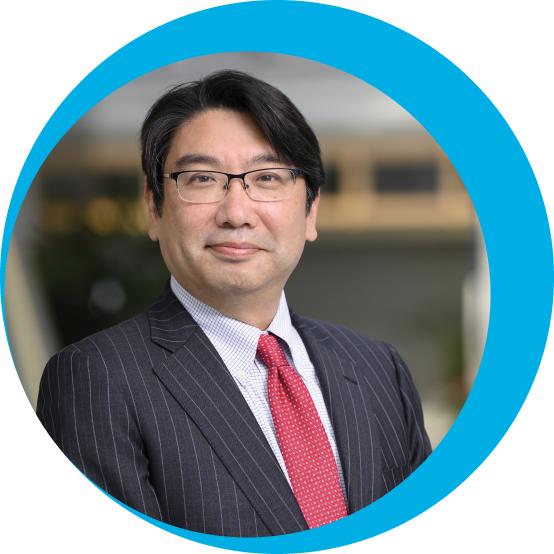Leadership messages

Responding to these intertwined challenges requires a faster, simpler, and more efficient World Bank Group. We are refocusing to confront these challenges not just through funding, but with knowledge. Our Knowledge Compact for Action, published in fiscal 2024, details how we will empower all Bank Group clients, public and private, by making our wealth of development knowledge more accessible. And we have reorganized the World Bank’s global practices into five Vice Presidency units—People, Prosperity, Planet, Infrastructure, and Digital—for more flexible and faster engagements with clients. Each of these units reached important milestones in fiscal 2024.
We are supporting countries in delivering quality, affordable health services to 1.5 billion people by 2030 so our children and grandchildren will lead healthier, better lives. This is part of our larger global effort to provide a basic standard of care through every stage of a person’s life—infancy, childhood, adolescence, and adulthood. To help people withstand food-affected shocks and crises, we are strengthening social protection services to support half a billion people by the end of 2030—aiming for half of these beneficiaries to be women.
We are helping developing countries create jobs and employment, the surest enablers of prosperity. In the next 10 years, 1.2 billion young people across the Global South will become working-age adults. Yet, in the same period and the same countries, only 424 million jobs are expected to be created. The cost of hundreds of millions of young people with no hope for a decent job or future is unimaginable, and we are working urgently to create opportunity for all.
In response to climate change—arguably the greatest challenge of our generation—we’re channeling 45 percent of annual financing to climate action by 2025, deployed equally between mitigation and adaptation. Among other efforts, we intend to launch at least 15 country-led methane-reduction programs by fiscal 2026 and our Forest Carbon Partnership Facility has helped strengthen high-integrity carbon markets.
Access to electricity is a fundamental human right and foundational to any successful development effort. It will accelerate the digital transformation in developing countries, strengthen public infrastructure, and prepare people for the jobs of tomorrow. But half the population of Africa—600 million people—lacks access to electricity. In response, we have committed to provide electricity to 300 million people in Sub-Saharan Africa by 2030 in partnership with the African Development Bank.
Recognizing that digitalization is the transformational opportunity of our time, we are collaborating with governments in more than 100 developing countries to enable digital economies. Our digital lending portfolio totaled $5.6 billion in commitments as of June 2024; and our new Digital Vice Presidency unit will lead our efforts to establish the foundations of a digital economy. Key initiatives include building and enhancing digital and data infrastructure, ensuring cybersecurity and data privacy for institutions, businesses, and citizens, and advancing digital government services.
Delivering on our commitments requires us to develop new and better ways of working. In fiscal 2024, we did just that. We are squeezing our balance sheet and finding new opportunities to take more risk and boost our lending. Our new crisis preparedness and response tools, Global Challenge Programs, and Livable Planet Fund demonstrate how we are modernizing our approach to better drive impact and outcomes. Our new Scorecard radically changes how we track results.
But we cannot enable development on our own. We need partners from both the public and private sectors to join our efforts. That's why we are working closely with other multilateral development banks to improve the lives of people in developing countries in tangible, measurable ways. Our deepening relationship with the private sector is evidenced by our Private Sector Investment Lab, which is working to address the barriers preventing private sector investment in emerging markets. The Lab’s core group of 15 Chief Executive Officers and Chairs meets regularly, and already has informed our work—most notably with the development of the World Bank Group Guarantee Platform.
The impact and innovations that we delivered this year will allow us to move forward with a raised ambition and a greater sense of urgency to improve people’s lives. I would like to recognize the remarkable efforts of our staff and Executive Directors, as well as the unwavering support of our clients and partners. Together, we head into fiscal 2025 with a great sense of optimism—and determination to create a better Bank for a better world.
Ajay Banga
President of the World Bank Group
and Chairman of the Board of Executive Directors
DELIVERING ON OUR COMMITMENTS REQUIRES US TO DEVELOP NEW TOOLS AND NEW AND BETTER WAYS OF WORKING. IN FISCAL 2024, WE DID JUST THAT.
AJAY BANGA
President of the World Bank Group and
Chairman of the Board of Executive Directors
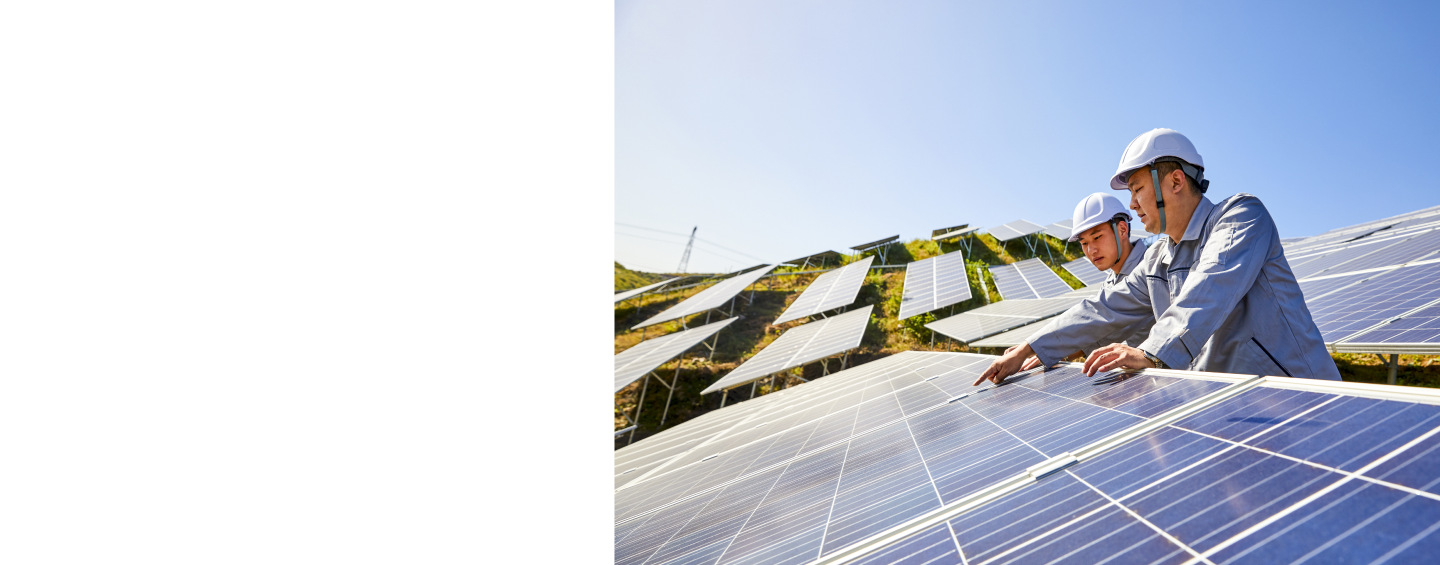
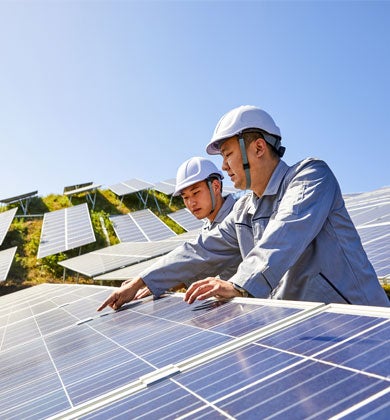
In fiscal 2024, the World Bank Group Boards of Executive Directors supported the institution’s ongoing efforts to become a better Bank. These operational enhancements are both timely and necessary: While economic growth prospects for the near term have improved slightly, easing fears of a global recession, the post-pandemic recovery remains weak in many developing countries, and pre-existing social stresses endure.

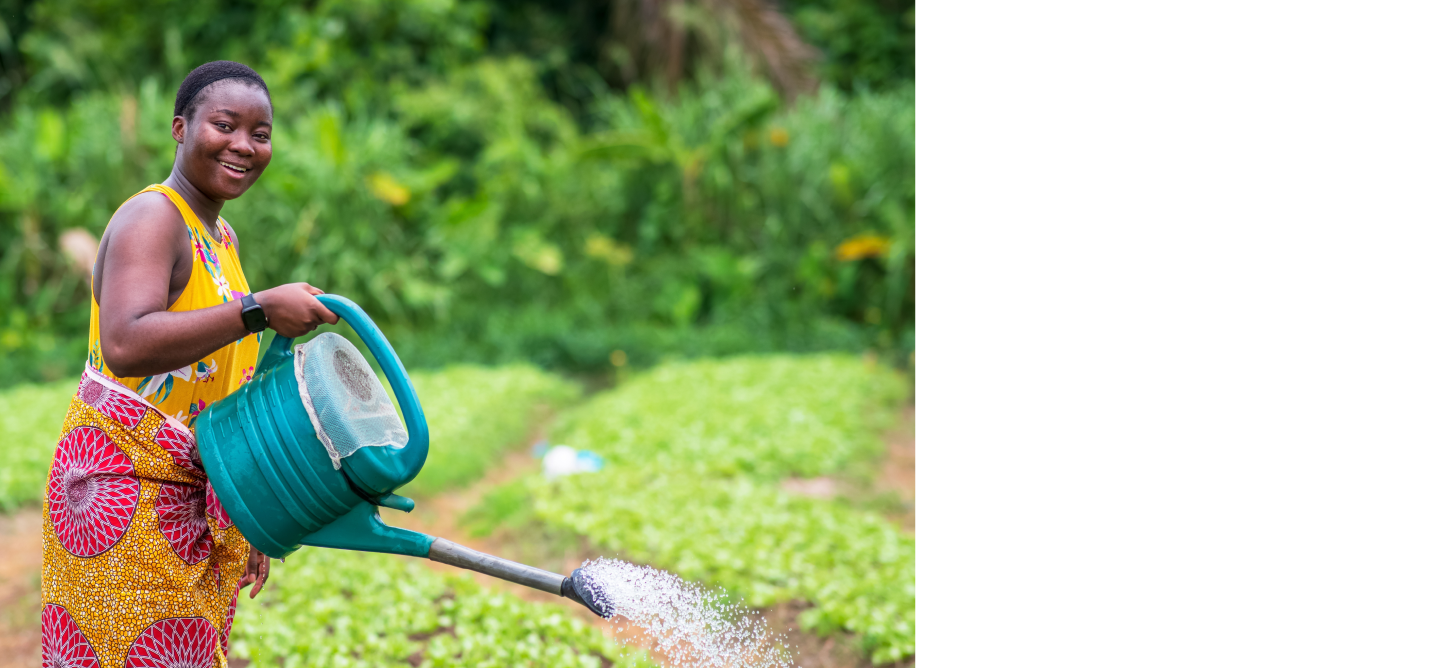
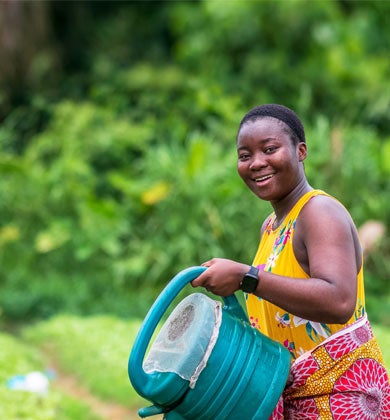
MIGA’S FY24–26 STRATEGY AIMS TO DEEPEN OUR COMMITMENT IN CRITICAL AREAS: INCREASING ENGAGEMENT IN IDA AND FCS COUNTRIES AND INCREASING SUPPORT FOR PROJECTS THAT ADDRESS CLIMATE CHANGE AND ADVANCE GENDER EQUALITY.
HIROSHI MATANO
Executive Vice President
Hiroshi Matano
Executive Vice President
